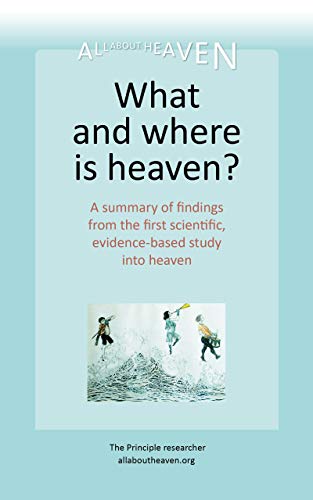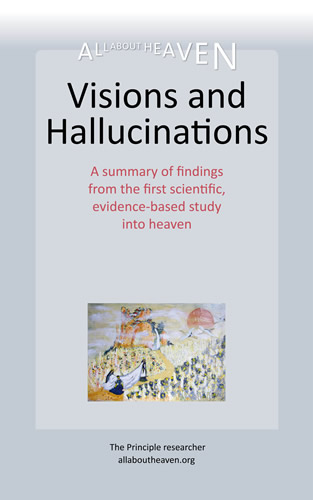Suppression
Organ transplantation
Category: Events
Type
Involuntary
Introduction and description
Organ transplantation is the moving of an organ from one body to another or from a donor site to another location on the patient's own body, for the purpose of replacing the recipient's damaged or absent organ.
Organs that can be transplanted are the heart, kidneys, liver, lungs, pancreas, intestine, and thymus. Tissues include bones, tendons (both referred to as musculoskeletal grafts), cornea, skin, heart valves, nerves and veins. Worldwide, the kidneys are the most commonly transplanted organs, followed by the liver and then the heart. The cornea and musculoskeletal grafts are the most commonly transplanted tissues; these outnumber organ transplants by more than tenfold.
Organs have to be taken from the donor and placed in the recipient relatively quickly and a complex process requiring the cooling of the organ and rapid transfer is needed. Tissue, on the other hand, may be recovered from donors who die of circulatory death, as well as of brain death – up to 24 hours past the cessation of heartbeat. Unlike organs, most tissues (with the exception of corneas) can be preserved and stored for up to five years, meaning they can be "banked".
And from our point of view, this process has created a wealth of experiences in which the recipient appears to co-exist with the donor. In effect, organ transplant can produce a sort of benign form of possession.
Background
Rejection tends to be the biggest problem in organ transplants. Whenever an organ or foreign tissue is detected by our own body, it sets up a response in the immune system. In effect all our own cells are 'friends' whereas the cells of the donated tissue are 'foes'. Unless some very potent drugs are given – immunosuppressants – the body fights and rejects the organ, the organ dies and often the recipient of the organ dies too. Transplant rejection can be reduced through what is called 'serotyping' to determine the most appropriate donor-recipient match, but in the end the problem is just lessened not removed.
How it works
see The Model of spiritual experience and How does spiritual experience work
Organ rejection should tell us a lot about how we function. In the section on Strategy of the Great Work, I have explained that the strategy of creation is to create aggregates. Each newly created aggregate then acquires its own new set of functions. Another way of looking at this is to call the aggregate a class of thing or a type of entity. Each class has its own functions.
But every aggregate is constructed from other aggregates. Organs are made of cells, a body has a set of organs. In order for each occurrence of an aggregate to know what it belongs to it has to have an identifier.
Every Higher spirit has a unique identifier. There are biologists who have now been able to ascertain that we do indeed have a unique identifier, and it is present in cells and used by the body to ‘keep us together’, in other words enable the cells to group together and know they belong to us.
All those trillions of cells that make up our body, thus cluster round the Higher spirit’s Identifier. Analogously we could think of this identifier as being like the Internet identifier - the IP address.
The Higher spirit has its own functions – the composer is one of them, the function that composes visions and dreams for us. But the Higher spirit is the essence of us too, it is who we ultimately are.
What survives on death is the Higher spirit and our perceptions. In many ways, ‘we’ are really defined by these two things, the essence of us is the things we have perceived together with the core nature that is represented by the Higher spirit. For more details see The Higher spirit and Perceptions
Memory is obliterated on death, wiped out, principally because it is not ‘the Truth’, only our perceptions, being a log of events, are ‘the Truth’ . This log of events is carried around with us - if we do get reborn – like a sort of trunk of gradually accumulating perceptions of which we are only very dimly aware.
So the mortal soul may be defined as the group of functions allocated to us at birth in order to survive and create, but individually we are an entity, whose existence is dependent upon the existence of an identifier and a perceptions log – gradually being increased with more data.
What is fascinating about all organ transplant patients is that the organ still knows who it belongs to – it still has the identifier of the donor – as such the organ, if it is not rejected, is acting like a permanent bridge to the Higher spirit of another person. The recipient is thus in the rather unique position of having permanent inter composer communication via the bridge of the donated organ to a disembodied spirit.
And there are a veritable plethora of observations now to show this is exactly what is happening
Related observations
Healing observations
- A resilience intervention involving mindfulness training for transplant patients and their caregivers 023450
- Metagenomic sequencing complements routine diagnostics in identifying viral pathogens in lung transplant recipients with unknown etiology of respiratory infection 026756
- Swamp cedar and warts 006963
Hallucination
- Afinitor 017720
- Azathioprine and Imuran 017706
- Campath 018161
- Central nervous system complications in children treated with ciclosporin after renal transplantation 017725
- Chagas disease and neurological manifestations 012790
- Cyclosporine neurotoxicity in heart transplantation 017721
- Encephalitis in a renal transplantation patient 017730
- Ghostly figures after a heart transplant 005650
- Hallucinations and immunosuppressants 010186
- Intensive Care Unit Delirium 005683
- Mycophenolic acid, Myfortic and CellCept 017728
- Natrecor 019675
- Neurologic complications of pancreas transplants 017723
- Orthoclone Okt3 019818
- Progressive multifocal leukoencephalopathy: a case study 017719
- Simulect 020032
- Tacrolimus 015718
- Zenapax 020397
Wisdom, Inspiration, Divine love & Bliss
In time
- Became a vegetarian 005316
- Became afraid of water 005318
- Born again Christian swearing and cursing 005308
- Danny my heart is yours 005311
- Donor fell from an apartment window 005320
- Donor shot in a flash 005321
- Donor's murderer apprehended 005309
- Dorothy's lungs give up 005649
- Eating disorder from donor 005317
- Ghostly figures after a heart transplant 005650
- Harriet's husband's heart 005644
- Heart lung transplant 005313 005313
- Heart lung transplants 005305
- Heart transplant 005307
- Heart transplant taste changes 005310
- Intensive Care Unit Delirium 005683
- Joseph's transplanted heart wanted to trick or treat 005651
- Kidney and heart transplants 005306
- Liver transplant patient meets his donor 005304
- Mario's new heart stops him dancing 005648
- Mary's heart fights back 005646
- New heart turns him into an African 005647
- Organ donor drowned in bathtub 005312
- Sylvia, Claire - A liking for chicken nuggets 005640
- Sylvia, Claire - A sudden preference for big blondes 005641
- Sylvia, Claire - All I want is a beer 005639
- Talking to her heart 005319
- Victim of drive by shooting 005314
- Woman gets new heart, goes sex crazy 005643

